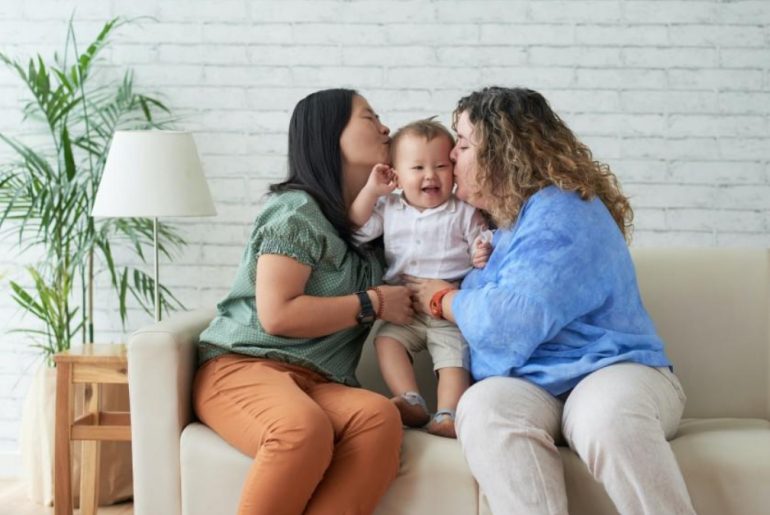In-Vitro Fertilization (IVF) is a process of assisted reproductive technology that involves fertilizing an egg outside the body and then implanting it into the uterus. IVF has been used since 1978 to help couples in Mountain View, California, who have fertility problems produce children. It is now also pivotal for other reasons, such as making eggs from transgender women and men who want to have children genetically related to them. Schedule an appointment with a specialist in LGBTQ Fertility Mountain View. There are many benefits of IVF for LGBTQ couples. Let’s dig in.
Solutions for Blocked Fallopian Tubes
One of the most significant benefits of IVF for LGBTQ couples is that it can help overcome infertility caused by blocked fallopian tubes. Blocked fallopian tubes are a common problem for women who have had surgery to remove their ovaries, such as those with ovarian cancer. IVF can be used to bypass the blocked tubes and allow the sperm and egg to meet in the laboratory.
LGBTQ couples often face fertility problems caused by a lack of reproductive organs compatible with each other. For example, transgender women may have had surgery to remove their testicles, and transgender men may have had surgery to remove their ovaries.
This can make it difficult or impossible for them to conceive a child using traditional methods. IVF can be used to create embryos with the help of donor sperm or eggs, which can then be implanted into the transgender person’s uterus.
Preimplantation Genetic Diagnosis
Preimplantation genetic diagnosis (PGD) is a process that it’s significant during IVF to screen for certain genetic disorders. This is important for LGBTQ couples because they are at a higher risk of having children with genetic disorders than the general population.
For example, LGBTQ couples are more likely to have children who inherit genetic diseases from their parents. PGD can be used to screen embryos for certain genetic disorders before they are implanted into the uterus. This can help reduce having a child with a genetic disorder.
Lowers Chances of Baby’s Abnormality
IVF can also lower the chances of having a baby with an abnormality. For example, IVF can be used to screen embryos for chromosomal abnormalities such as Down syndrome. This can help reduce having a child with a chromosomal abnormality.
It also means minimal delivery complications. For example, transgender women who have had surgery to remove their testicles are more likely to have a baby with congenital disabilities. IVF can help reduce this risk by using donor sperm instead of the couple’s sperm.
Eases Stress of Infertility
The stress of infertility can be challenging for couples to deal with. IVF can help ease this stress by giving couples the chance to have a genetically related child. LGBTQ couples often feel a sense of relief after undergoing IVF because they know that they can still have a child that is biologically related to them.
The benefits of in-vitro fertilization for LGBTQ couples are many and varied. Some of the significant benefits include overcoming infertility caused by blocked fallopian tubes, having a child that is genetically related to you, and lowering the chances of having a baby with an abnormality. IVF can also help reduce stress levels. The best thing is finding a fertility specialist.

